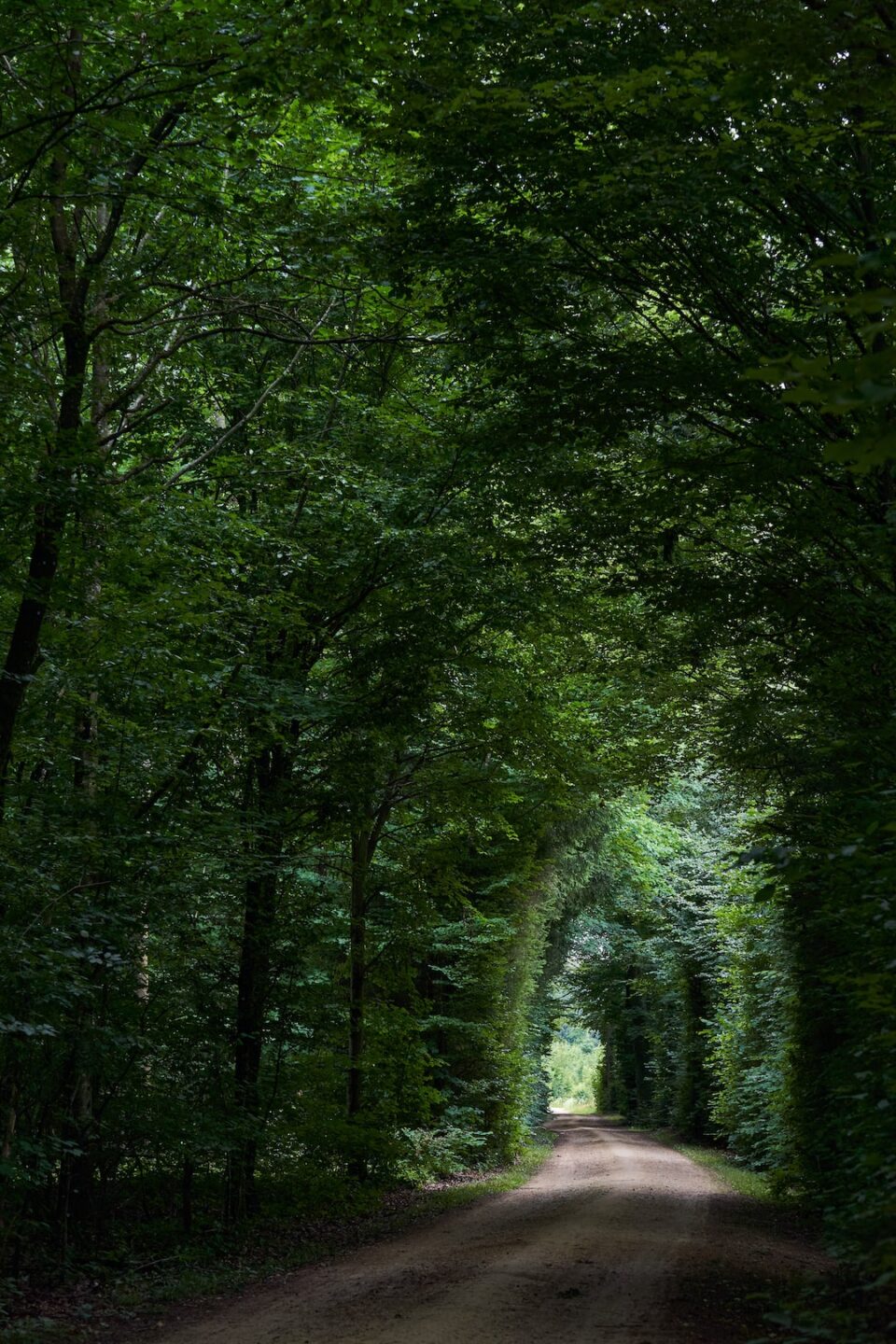Raised bed gardening has gained popularity in recent years due to its numerous benefits and advantages. This gardening technique involves creating a shallow garden bed that is typically elevated above ground level, filled with soil, and used for planting a variety of crops. While raised bed gardening has its advantages, it also has a few drawbacks worth considering. In this article, we will explore the pros and cons of raised bed gardening to help you make an informed decision about whether it is right for you.
One of the significant advantages of raised bed gardening is improved soil quality. By creating raised beds, gardeners have greater control over the soil composition and can ensure that it is well-drained and fertile. This can be particularly beneficial in areas with poor soil quality, such as heavy clay or sandy soils. Raised beds allow gardeners to add organic matter, compost, and other amendments to improve the soil’s structure and fertility, leading to healthier plants and better yields.
Another advantage of raised bed gardening is improved drainage. Raised beds are typically filled with a loose and well-drained soil mix, which helps prevent waterlogging and root rot, especially in areas with heavy rainfall. Additionally, the elevated nature of the beds allows excess water to drain away more efficiently, ensuring that plants do not become waterlogged and increasing their overall health and productivity.
Furthermore, raised beds offer better weed control. By creating defined garden beds, it becomes easier to manage and control weeds. The narrow pathways between raised beds make it more difficult for weed seeds to establish and spread, reducing the need for frequent weeding. Raised beds also allow gardeners to add a layer of mulch, which acts as a natural weed suppressant by depriving weeds of sunlight and inhibiting their growth.
Moreover, raised bed gardening provides easier access and maintenance. The elevated nature of the beds means less bending and stooping, making it more accessible for people with mobility issues or those who prefer a more comfortable gardening experience. Raised beds also limit the entry of pests and pets, reducing the risk of damage to plants. Additionally, the concentrated nature of raised beds makes it easier to monitor and care for individual plants, resulting in better plant health and reduced plant diseases.
However, raised bed gardening is not without its drawbacks. Firstly, it can be more expensive to set up initially. The cost of materials, such as lumber or ready-made raised bed kits, can add up quickly, especially if you are planning to build large or multiple beds. Additionally, the required soil mix for raised beds may be more expensive than regular garden soil.
Another limitation of raised bed gardening is its restricted growing space. The confined nature of raised beds means that gardeners have limited growing areas compared to traditional in-ground gardens. This can pose challenges when growing larger plants or crops that require a lot of space, such as pumpkins or corn. Additionally, the size and depth of the raised beds might not be sufficient for certain plants with deep root systems.
Furthermore, raised bed gardening may require more frequent irrigation. Due to their elevated position, raised beds tend to dry out faster than in-ground gardens, especially during hot and dry periods. This means that gardeners will need to water their plants more frequently to prevent soil moisture stress. However, this can also be an advantage in areas with heavy rainfall, as raised beds help prevent waterlogging and root rot.
In conclusion, raised bed gardening has several advantages, including improved soil quality, better drainage, enhanced weed control, and easier access and maintenance. However, it also has some drawbacks, such as higher initial setup costs, limited growing space, and potential for increased irrigation needs. By considering these pros and cons, you can make an informed decision about whether raised bed gardening is the right choice for your gardening needs and preferences.

